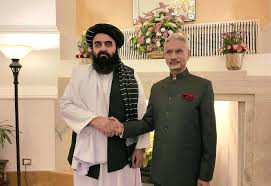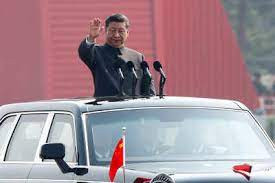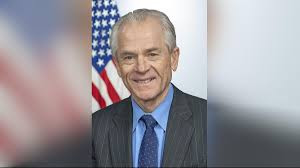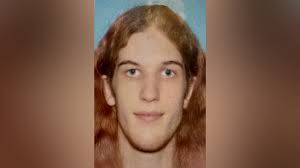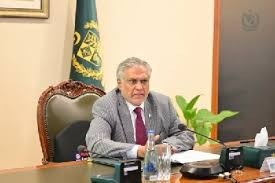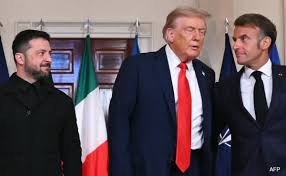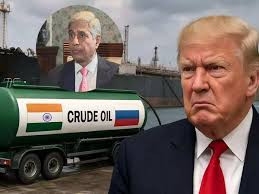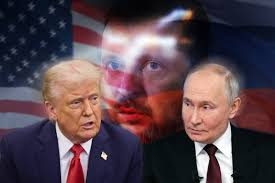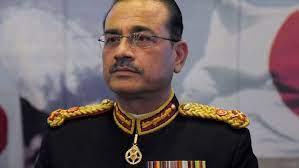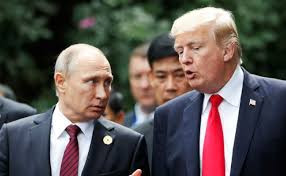‘Incredible Culture’: Donald Trump Praises Islamic Heritage During First-Ever Mosque Visit as President
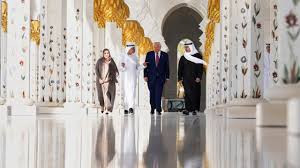
IIE DIGITAL DESK : The moment during his presidency, Donald Trump made his first visit to a mosque, marking a significant shift in tone from his earlier rhetoric toward the Muslim community. Speaking at the Islamic Center in Washington, D.C., Trump described Islamic culture as “incredible,” emphasizing the importance of religious tolerance, mutual respect, and unity in a diverse America.
The visit, which came amid rising calls for greater interfaith understanding and community outreach, was welcomed by many as a gesture of reconciliation. Trump, whose administration previously faced sharp criticism over policies such as the travel ban on several Muslim-majority countries, used the opportunity to acknowledge the deep-rooted contributions of Muslims to American society.
Addressing a gathering of religious leaders, community members, and media representatives inside the mosque, the former president said, “What I’ve seen today is an incredible culture, a faith rooted in discipline, compassion, and family values. The Islamic community has played a valuable role in the growth and development of our nation.”
Trump’s remarks were carefully worded and respectful in tone, a stark contrast to his often controversial statements in the past. He highlighted the historical legacy of Muslims in America — from scholars and scientists to soldiers and public servants — and underscored the need to work together across religious lines for the betterment of society.
During his speech, Trump also acknowledged the significance of mosques as places of worship, education, and charity. “These sacred spaces are not just about prayer; they are about community. They are about learning, helping others, and bringing people together. That is something we should all appreciate, regardless of our faith.”
The mosque visit was accompanied by a guided tour from Islamic Center officials, who showcased the mosque’s architecture, religious texts, and community programs. Trump appeared attentive and asked several questions about Islamic customs and traditions, according to attendees.
Reactions to the visit were mixed. Supporters of Trump saw it as a long-overdue but welcome step toward inclusivity and healing divisions. Many praised the former president for taking initiative to engage with a community that had often been at odds with some of his policies and rhetoric.
“This is the kind of leadership we need,” said one mosque attendee. “Whatever the past may be, it’s important that leaders extend a hand and try to understand others. Today’s visit matters.”
However, critics viewed the gesture with skepticism, suggesting it may be politically motivated or too little, too late. Advocacy groups reminded the public of past actions that contributed to the alienation of Muslim Americans and urged Trump to follow up his words with tangible policy support.
Political analysts noted that the mosque visit may also be an attempt to reshape Trump’s image as he continues to explore future political aspirations. In recent months, he has made efforts to broaden his outreach to minority communities, including African Americans, Latinos, and now Muslims.
The Islamic Center of Washington, D.C., one of the oldest and most prominent mosques in the United States, welcomed the visit and said in a statement, “We believe in dialogue, not division. President Trump’s visit sends an important message that understanding and peace can prevail over fear and misunderstanding.”
As Trump concluded his remarks, he reiterated his hope for a united America. “We are one nation under God — and that includes all faiths. The more we listen, the more we learn, and the better we become.”
Whether symbolic or substantive, Trump’s mosque visit marks a notable moment in his political journey and serves as a reminder of the power of engagement in bridging divides. In a time of polarization, the simple act of stepping inside a house of worship can resonate far beyond its walls.
You might also like!


